Venerated New Orleans musician Deacon John is beloved as much - if not more - on the Mississippi Coast.
- by Pat Murphy
Over fifty years later, Deacon John and the Ivories were still performing for the BWYC Fourth of July dances. Why would the yacht club mess with a good thing, right? At any rate, that 1964 performance in Bay St. Louis was the first of countless times that I’ve seen Deacon John and his band perform. I still chuckle thinking of my friend, who was standing up front with me that first time. He leaned over and asked me, “Which one do you like best, Deac or John?” I had to set him straight immediately, telling him that, no, it was Deacon John – one guy – end of discussion, you knucklehead! The beginning of Deacon John Moore’s association with the teenage population of BWYC and ultimately the Pass Christian and Gulfport yacht clubs on the Mississippi coast narrows down to one individual. Bay St. Louis teenager Basil Kennedy attended an eighth-grade graduation party in New Orleans around 1962, and Deacon John was the entertainment.
To this day, Basil Kennedy is the hardest-core of Deacon John fans, going so far as to have a Deacon John shrine in his home and being the promoter of the Krewe of Deacon Parade that preceded the BWYC dances for many years. John Moore was born into a musical family in New Orleans. His family included twelve brothers and sisters, all growing up in the city’s Eighth Ward neighborhood. His stage name, Deacon John, was given to him because of the church-infused, gospel stylings in his repertoire. From his earliest years, the man has always been able to preach to an audience. He began singing with his first R&B band in the seventh grade and started playing professionally in 1957 while still in St. Augustine High School in New Orleans. The Ivories became quite popular, crossing racial and class lines in country clubs, fraternities and nightclubs. Deacon John and the Ivories played venues like 100 Men Hall in Bay St. Louis and clubs such as the Sugar Bowl in Thibodaux and Club Good Rockin’ in Sunrise. These were on the fabled Chitlin’ Circuit – clubs which were plentiful in small towns all over south Louisiana and Mississippi. If memory serves Moore correctly, it was black booking agent Percy Stovall who first placed Moore at 100 Men Hall. This would have been around 1961. Deacon also worked with Hosea Hill, who was the owner of the Sugar Bowl Club in Thibodaux. Hill also moved bands all over the southern Chitlin’ Circuit. Deacon John Moore was also one of a stable of musicians and recording artists who frequented New Orleans’ famed Dew Drop Inn, a nightclub and hotel owned by Frank Pania. In addition to owning and running the swanky LaSalle Street venue, Pania was a savvy, experienced businessman who also ran a booking agency for musicians and bands. He shuffled musical acts in and out of his club, as well as all over the south on the Chitlin’ Circuit. Deacon John has often related to me that the sidewalk on LaSalle Street in front of the Dew Drop was crowded with musicians hanging out, socializing and waiting to be called to go play a gig.
After several years of honing his guitar skills and vocal abilities, Deacon John became an in-demand recording session guitarist at Cosimo Matassa’s studio in New Orleans. He played guitar on many of the biggest hit records to come out of New Orleans in the late 1950s and early ’60s. Deacon John’s abilities as a guitarist can be heard on records like Irma Thomas’ “It’s Raining,” “Ruler of My Heart” and “I Did My Part”; Ernie K-Doe’s “Mother-in-Law,” “T’ain’t it the Truth” and “A Certain Girl”; Benny Spellman’s “Lipstick Traces” and “Fortune Teller”; Lee Dorsey’s “Holy Cow,” “Working in a Coal Mine” and “Ride Your Pony”; Art Neville’s “All These Things”; Aaron Neville’s “Tell It Like It Is,” “Waiting at the Station” and “Wrong Number”; Chris Kenner’s “Land of 1,000 Dances,” “I Like It Like That” and “Something You Got”; Robert Parker’s “Barefootin’”; Smokey Johnson’s “It Ain’t My Fault”; Willie Tee’s “Teasing You”; and Professor Longhair's “Big Chief” – among others. At the same time records were released under different names for Deacon John, such as “Haven’t I Been Good to You” under the name Johnny Moore. This release is still one of my favorites of his early records. His first recording, “When I’m With You,” was under the name Deacon John. He also did a scorching release of Jimmy Cliff's “Many Rivers to Cross” under Deacon John Moore. The band itself seen many name changes through the years. Deacon John and the Ivories became Deacon John and the Electric Soul Train and later Deacon John’s Jump Blues, then back to Deacon John and the Ivories – with several stops in between. From many nightclubs and dance halls on the southern Chitlin’ Circuit to college fraternities and country club social events, all of the New Orleans Jazz & Heritage festivals and yes, even the Congressional Ball in President George W. Bush’s White House, Deacon John has seen a lot. Deacon John possesses many admirable traits that contribute to his longevity and survival on the New Orleans music scene. Paramount is his ability to play multiple markets simultaneously. From the very first time I heard him he has always carried a crack bunch of musicians. Through the years the Ivories have included such musical greats as James Rivers, Roger Lewis, James Black, Joseph “Zigaboo” Modeliste, Samuel Berfect, Amadee Castenell and Deacon’s younger brother Charles Moore, among others. One of my favorite lineups of the Ivories was Deacon John, James Rivers on sax, Sam Alcorn on trumpet, George French on bass and Smokey Johnson on drums in the late ’60s. Another trait of Deacon’s that I admire almost as much as his musicianship is the way he conducts his business. He has always taken care of business. One can always count on Deacon John to see that everything is as it should be with the band. I still remember the whole band arriving in Deacon’s 1964 Pontiac Bonneville station wagon with the Ryder PA columns tied to the luggage rack on top. His reputation of doing business as it should be done, in my opinion, led to Moore's election as the first black president of the New Orleans musician’s union, a position that he still proudly holds today. I am thrilled that Deacon John is returning to one of the very same venues that played such a part in launching him on the Gulf Coast over sixty years ago. Seeing him return to the 100 Men Hall has been a dream of mine since I served on the hall’s board in 2011 and 2012. Moore truly is one of the last surviving members of the famed Chitlin’ Circuit heritage. He says, “Like Dizzy Gillespie told me a long time ago – you’ve got to outlive the competition.”
Pat Murphy’s advice: Anyone who loves New Orleans R&B, rock ’n’ roll and jump blues needs to be in that number when the historic 100 Men Hall presents its Centennial Chitlin Circuit Weekend Concert starring the legendary Deacon John and the Ivories on Saturday, October 15, 2022 from 7 pm until 10 pm.
I can promise you that “this will be a real barn burner.” The tickets for this event are limited in number and are available here. This event will sell out, so don’t wait ‘til the last minute to get your tickets. On October 14 – 16, 100 Men D.B.A. Hall (303 Union Street in Bay St. Louis) continues a year-long centennial celebration with a weekend of entertaining events that honor the Hall's history and uphold its mission to educate the public on its significance and contributions to the community over the last century. Friday night: 6–8 pm Craft Cocktail with Taariq David of Cocktail Bruhs: Make three craft cocktails with celebrity mixologist Taariq David! These workshops are popular, so get a ticket! Artist Adrienne Brown-David painting unveiling: Work commemorating the Chitlin Circuit to be unveiled inside the Hall. Saturday night: Deacon John & the Ivories Chitlin Circuit Dance Party: 7–10 pm A regular performer at the Hall in the ’50s and ’60s, Deacon John was there when the Chitlin Circuit, a response to racial segregation, provided a network of venues for Black performers to find acceptance and audience. He was there when the Hall was added to the Mississippi Blues Trail in 2011. And now he's there to celebrate the 100th anniversary of 100 Men D.B.A. Hall. The man will make you get up and dance, so get your tickets now. Enjoy this feature? Comments are closed.
|
Categories
All
Archives
July 2024
|
Shoofly Magazine Partners
Our Shoofly Partners are local businesses and organizations who share our mission to enrich community life in Bay St. Louis, Waveland, Diamondhead and Pass Christian. These are limited in number to maximize visibility. Email us now to become a Shoofly Partner!

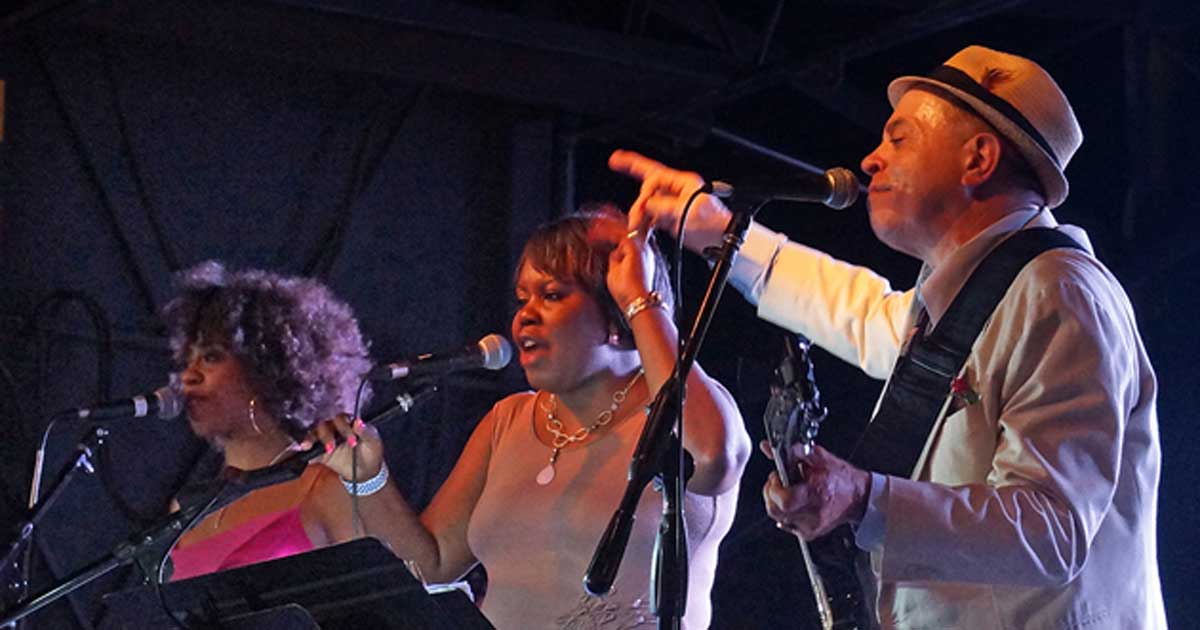

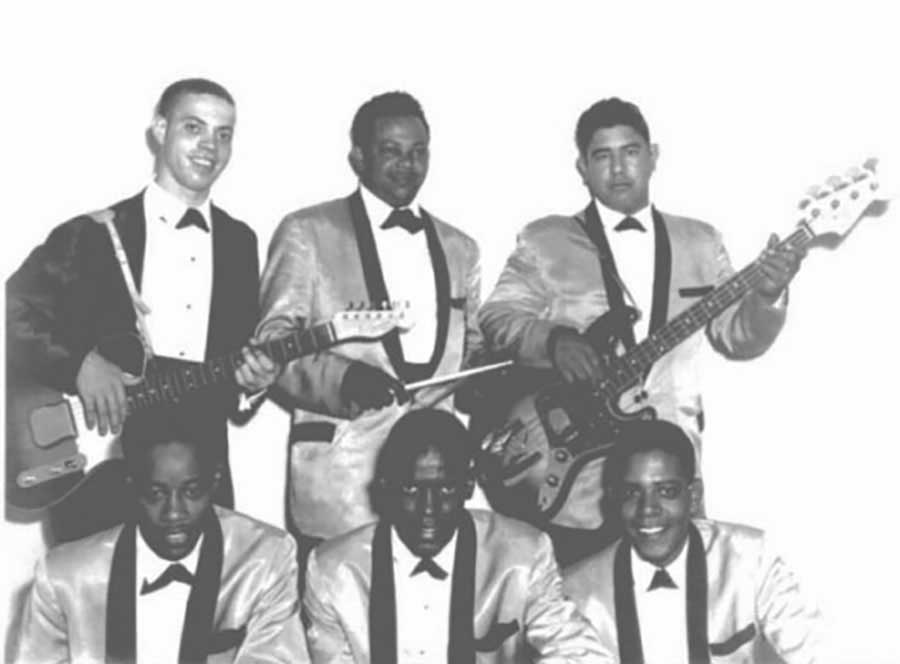
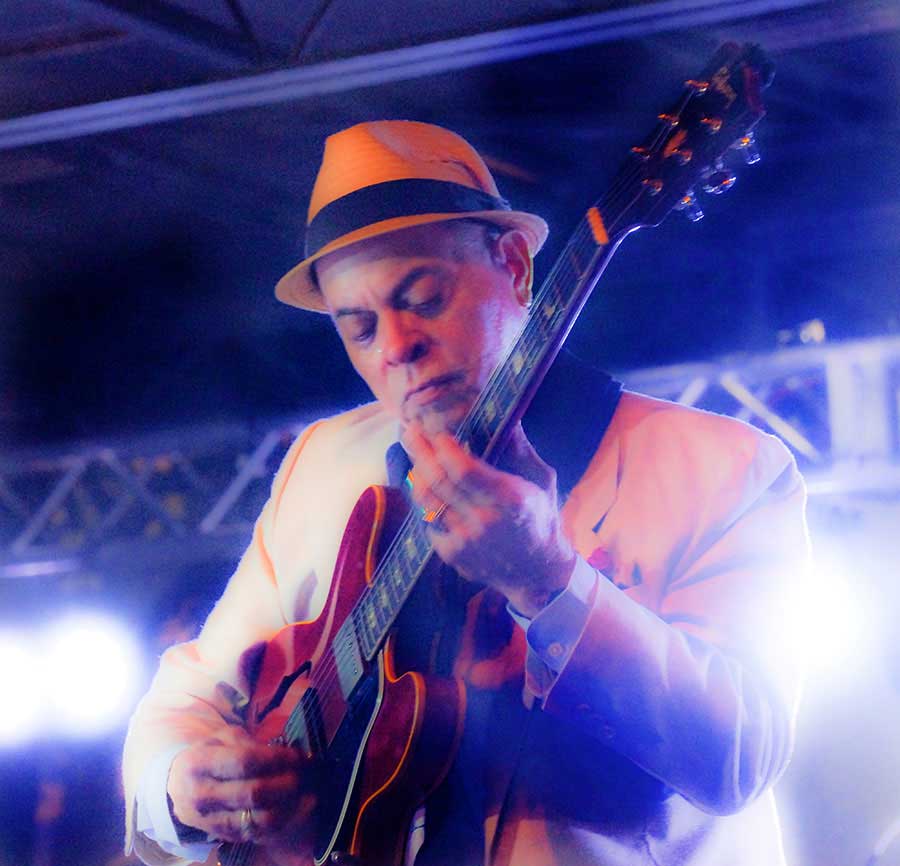
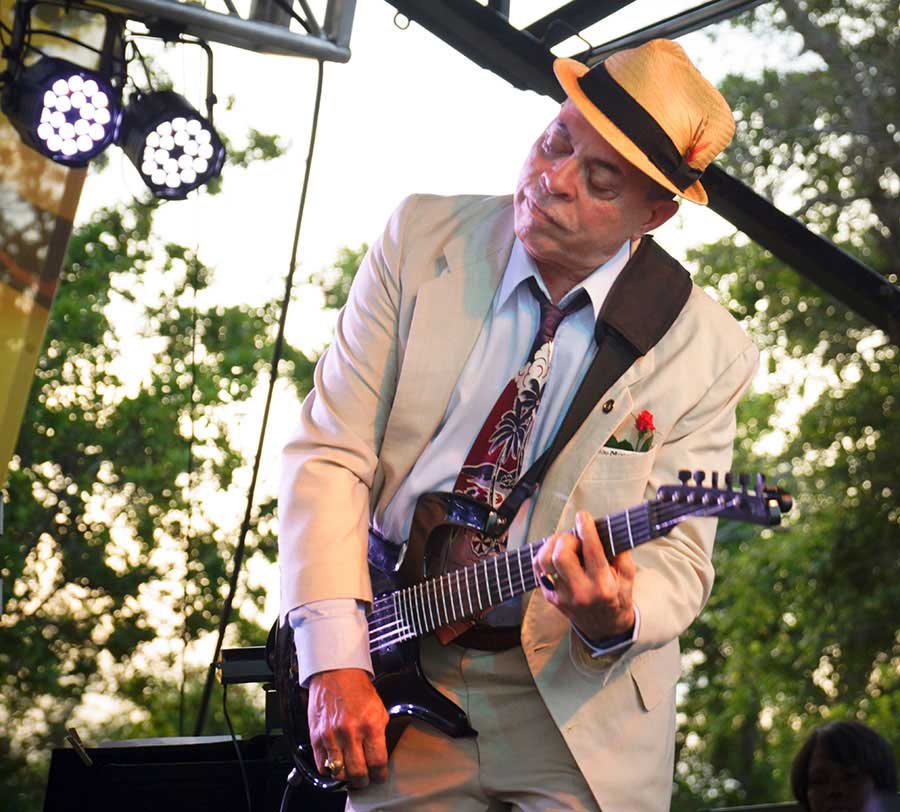
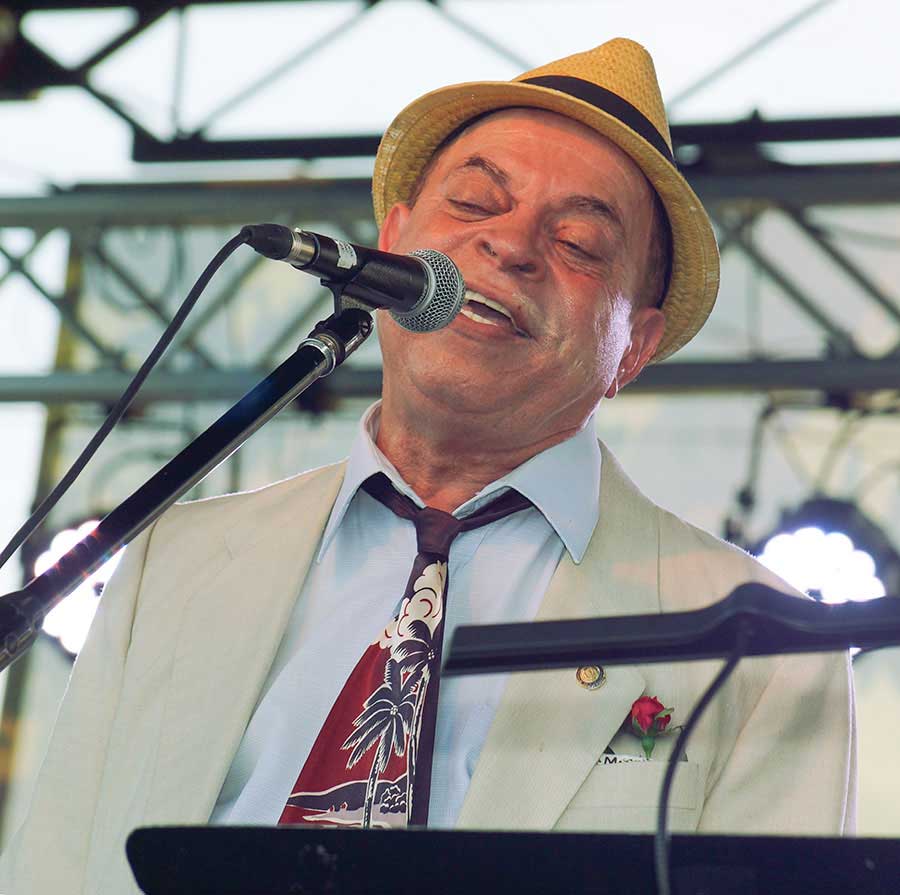
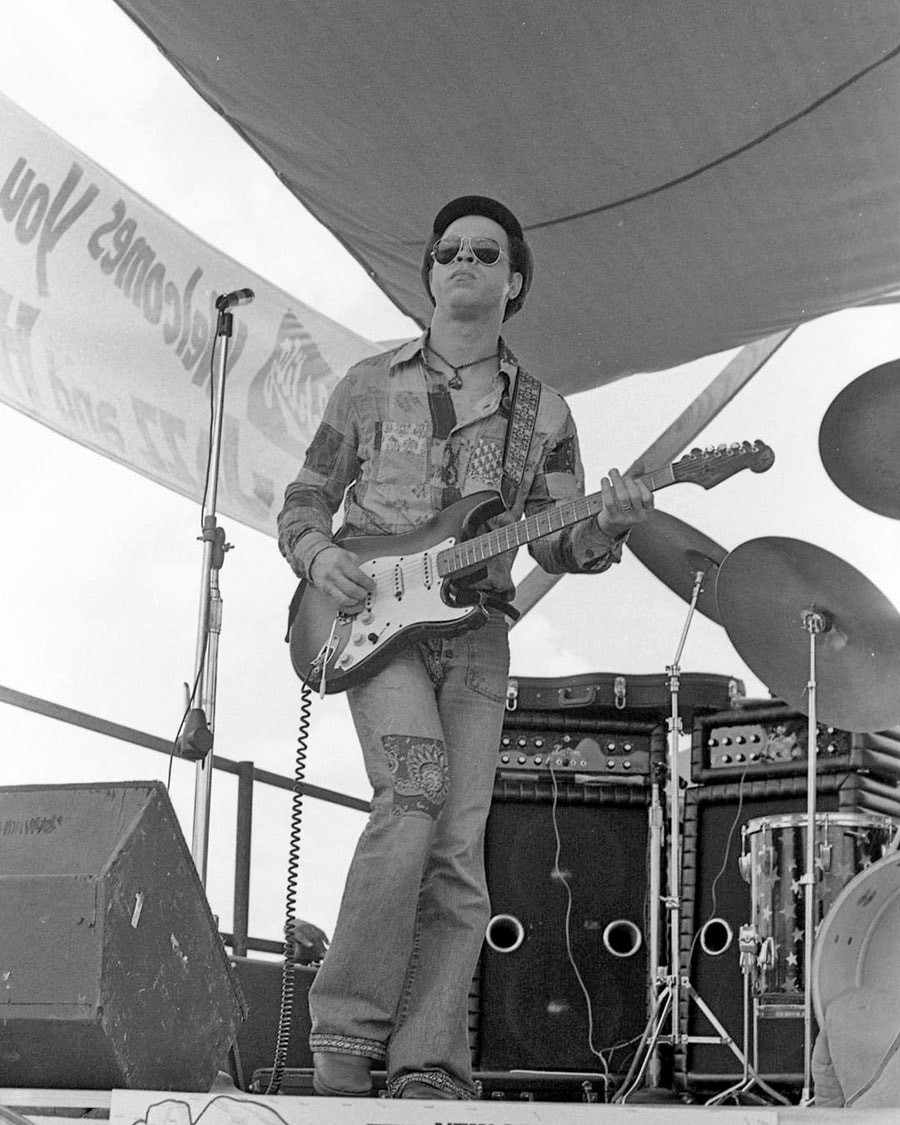
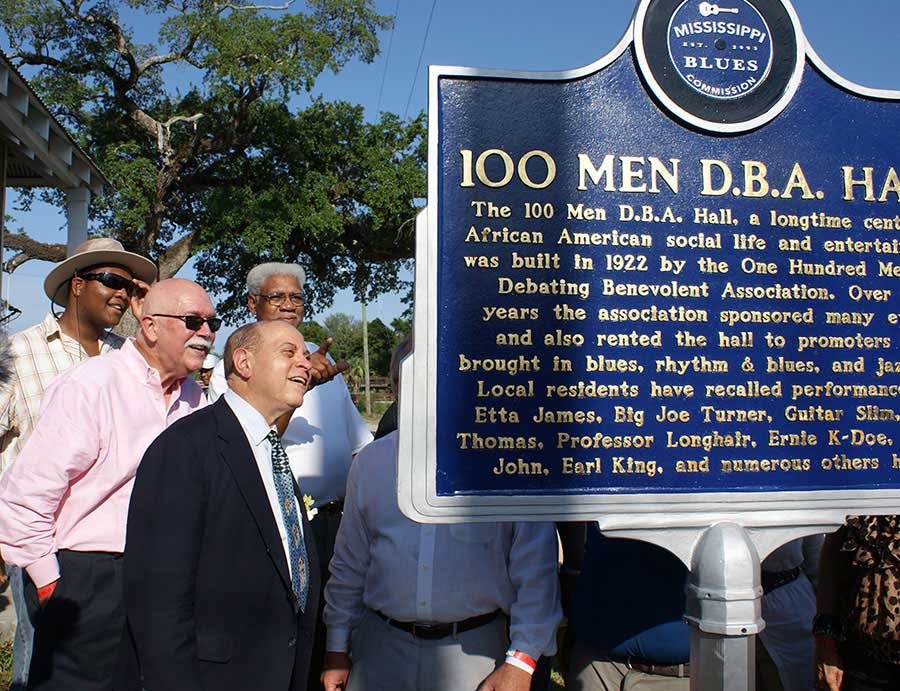
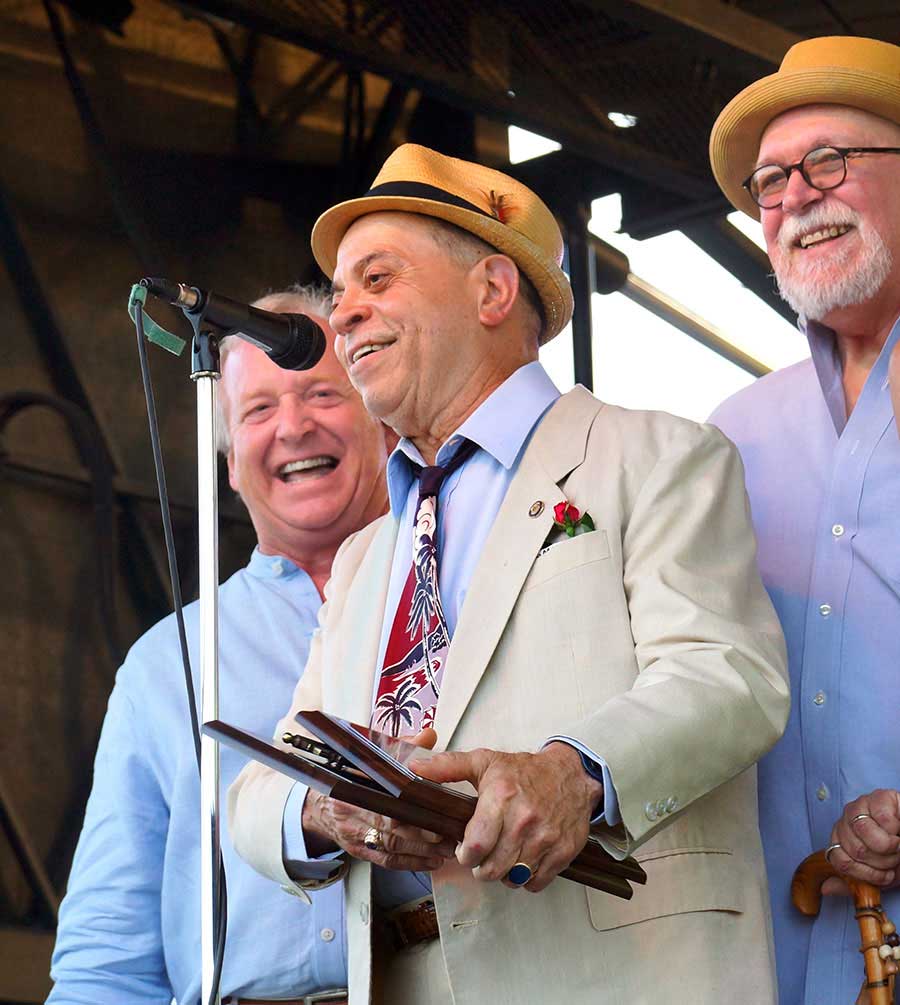


























 RSS Feed
RSS Feed























